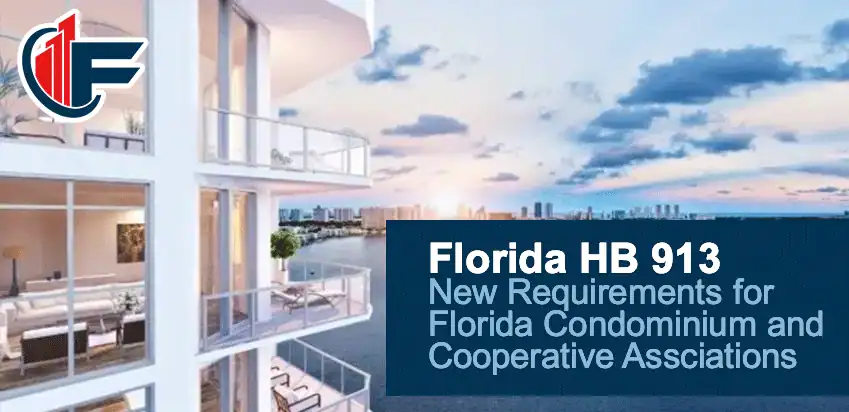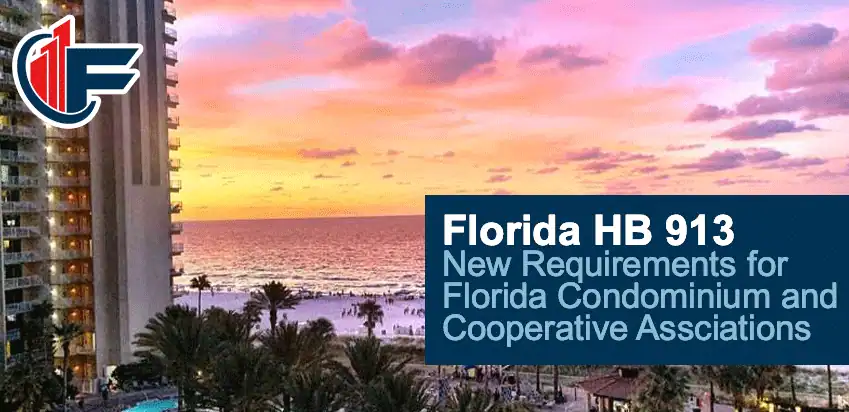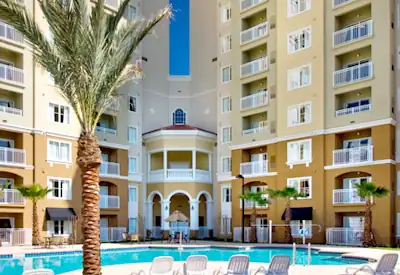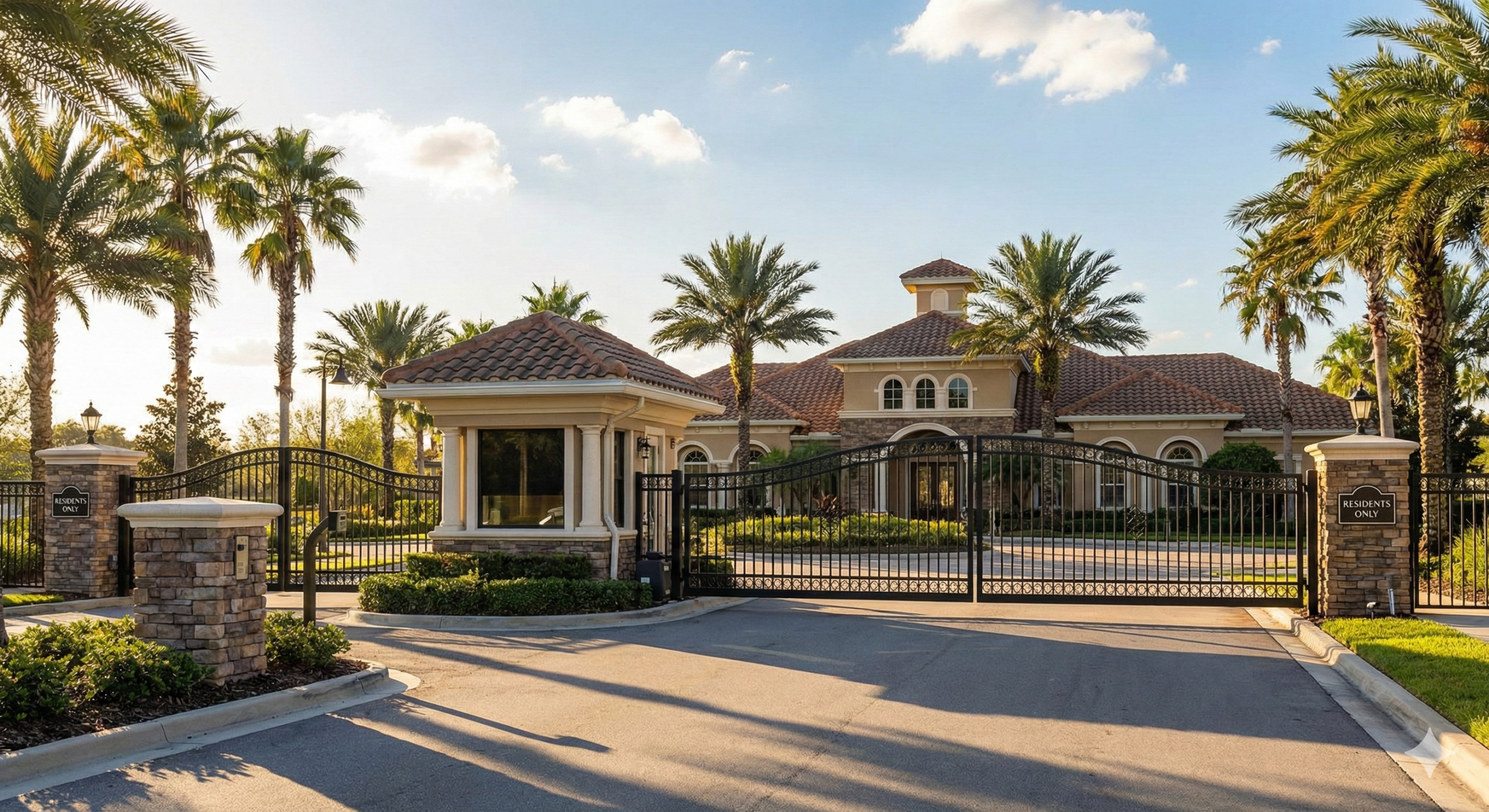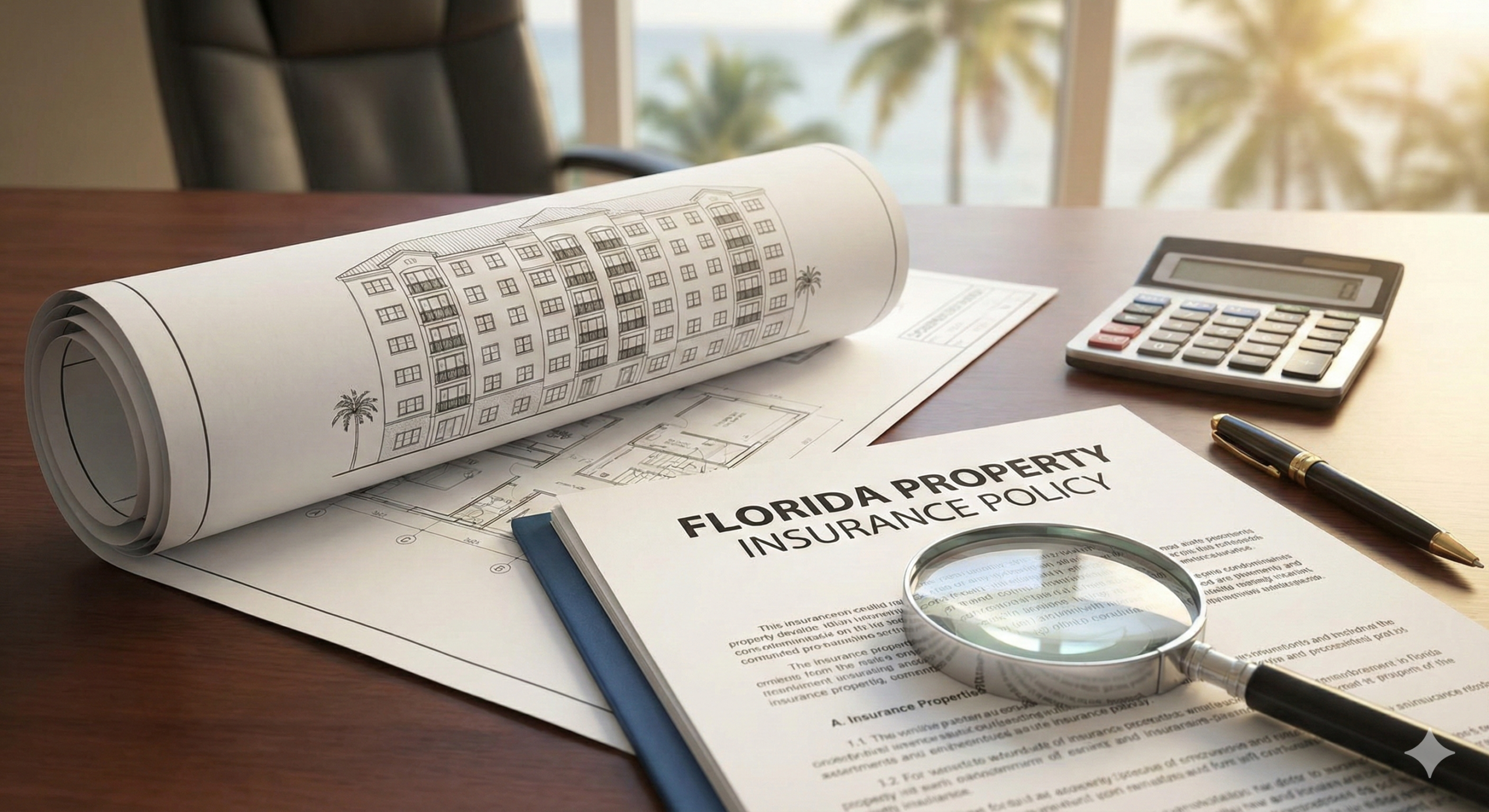As a board member or property manager for a Gainesville condo or HOA, you’re the one everyone counts on to keep the community safe, finances in check, and everything running smoothly. What you really want is to handle your state’s demand for a reserve study without the endless worry, high expenses, or missteps. Picture this: full confidence that your property stands strong against Florida’s environmental stresses and tough regulations like the Structural Integrity Reserve Study (SIRS).
The challenge is real—insurance pressures, combined with HB 913’s changes and Gainesville’s harsh weather, make budgeting for repairs more complicated and costly. You’re left feeling overwhelmed, wondering how to get it right without draining resources or upsetting residents. It shouldn’t be this hard to navigate Florida’s rules and financial demands on your own.
That’s why FPAT is here to help. With an office right in Gainesville with over 25 years of experience across Florida and thousands of reserve studies completed, we understand the strain and provide the local know-how to make it straightforward.
Contact FPAT Today for a Free Consultation – Secure Your Property Before the Deadline Hits.
Breaking Down HB 913: Key Changes and Implications for Gainesville Condos
Signed into law on June 22, 2025, and effective from July 1, 2025, HB 913 offers some breathing room for condo associations. The big update? It pushes the deadline for your initial Structural Integrity Reserve Study (SIRS) to December 31, 2025, from the original December 31, 2024. This rule targets Florida condos with buildings three stories or taller, requiring in-depth reviews of critical elements like roofs, foundations, and load-bearing walls to prevent tragedies like Surfside.
For Gainesville properties, this extra time is helpful, but procrastination isn’t wise. With the deadline approaching amid hurricane season, waiting could spike demand for services and inflate costs. The bill also eases some funding guidelines, giving more options for reserve allocations while stressing the need for adequate preparation to sidestep future issues.
Dive into the details in our related article: Understanding HB 913: Extended Deadlines and Funding Strategies for Florida Managers. For the full legislative text, check the Florida Senate Bill Summaries.
The Role of Gainesville’s Distinctive Weather in Shaping Reserve Requirements
Gainesville’s climate goes beyond typical Florida heat—it’s a constant battle with temperatures topping 90°F, heavy downpours causing floods, persistent humidity, and hurricane exposure from both coasts. Local data reveals that more than 55% of residents are concerned about flooding and intense rain, which wear down foundations and lead to water damage. Insights from the University of Florida show how these southern conditions speed up building deterioration, boosting energy demands and the frequency of fixes.
Humidity promotes mold and rust in air conditioning units and building facades, while storms frequently harm roofs and exteriors. For your condo, this translates to allocating more in reserves for regular assessments and swaps—such as flood-proof materials or strengthened frameworks.
This weather intensifies the demands of HB 913, calling for precise evaluations of vulnerable areas. It adds to the anxiety of underestimating threats, potentially leading to bigger headaches later.
For further exploration, review this resource: Florida’s Climate Changes, Variations, and Impacts.
Breaking Down Reserve Study Costs in Gainesville – What Drives the Price and What You Should Budget
Costs for a reserve study vary, but Gainesville’s environment pushes them upward. Expect $4,000 to $10,000 for a basic Florida condo analysis, based on size, age, and scope. Adding SIRS compliance under HB 913 can increase that by 20-50%, landing at $5,000-$15,000 for average associations.
The local twist? Weather necessitates higher reserves: Budget for roof overhauls costing $50,000+ every 10-15 years (cut short by moisture), or $20,000 for foundation work after floods. If reserves fall short, special assessments might exceed $10,000 per unit, as evidenced in recent Florida examples.
It’s not right to cut corners—it could burden your community and undermine your efforts. A well-crafted study tuned to Gainesville’s challenges keeps things manageable.
Read more in our post: The Hidden Costs of Delaying or Skipping a Reserve Study in Florida.
Rely on FPAT: Local Gainesville Team with Proven Florida Track Record
We know the frustration—insurance surprises, HB 913 timelines, and Gainesville’s stormy outlook can be exhausting. We’ve supported many in your position, lightening the burden every time.
FPAT’s Gainesville office brings over 25 years of Florida expertise, having delivered thousands of reserve studies. We excel in SIRS and traditional formats, weaving in regional weather insights for spot-on recommendations.
Reference guidelines from the Community Associations Institute (CAI).
FPAT’s Straightforward Approach to Handling Your Reserve Study
We keep it simple with a 3-step method to tackle HB 913 and weather factors:
- Reach Out to FPAT: Call, email, or submit our form to discuss your Gainesville condo’s issues.
- Receive a Personalized Proposal: In 3-5 days, get a plan designed around HB 913, SIRS, and area-specific risks.
- Obtain Your Complete Reserve Study: We manage the on-site checks, number-crunching, and documentation for a solid, affordable solution.
Begin easily: Download Our Free Guide: Navigating HB 913 and Gainesville’s Weather in Reserve Studies.
The Dangers of Putting Off Your Reserve Study
Postponing means potential fallout: Insurance could cancel during a storm, making you accountable. Ignored weather wear leads to depleted funds, forcing hefty assessments and community friction. Falling short on SIRS invites penalties or closures. The constant tension wears on your standing as a trusted manager.
Achieving a Resilient, Compliant Outcome with FPAT
Think of the payoff: An HB 913-ready reserve study that meets insurance needs, with allocations set for weather challenges and ongoing maintenance. No unexpected hits—just assurance that your property is shielded, and residents value your foresight.
Making the Shift with FPAT’s Help
Leave behind the chaos of HB 913 deadlines and weather uncertainties, emerging as the assured leader with compliance handled, your community safe, and thanks coming your way— all made possible by FPAT.
Take charge: Schedule Your Gainesville Reserve Study Now – Stay Ahead of 2025.
More advice: Top Tips for HOA Managers in Gainesville Dealing with Reserve Study Pressures.
FPAT: Supporting Gainesville’s Communities Toward Compliance and Strength, One Reserve Study at a Time.# HB 913 Update for 2025: How Gainesville’s Unique Weather Affects Your Condo Reserve Study Costs in Florida
As a board member or property manager for a Gainesville condo or HOA, you’re the one everyone counts on to keep the community safe, finances in check, and everything running smoothly. What you really want is to handle your insurance company’s demand for a reserve study without the endless worry, high expenses, or missteps. Picture this: full confidence that your property stands strong against Florida’s hurricanes, floods, and tough regulations like the Structural Integrity Reserve Study (SIRS).
The challenge is real—insurance pressures, combined with HB 913’s changes and Gainesville’s harsh weather, make budgeting for repairs more complicated and costly. You’re left feeling overwhelmed, wondering how to get it right without draining resources or upsetting residents. It shouldn’t be this hard to navigate Florida’s rules and financial demands on your own.
That’s why FPAT is here to help. Based right in Gainesville with over 25 years of experience across Florida and thousands of reserve studies completed, we understand the strain and provide the local know-how to make it straightforward.
Contact FPAT Today for a Free Consultation – Secure Your Property Before the Deadline Hits.
Breaking Down HB 913: Key Changes and Implications for Gainesville Condos
Signed into law on June 22, 2024, and effective from July 1, 2024, HB 913 offers some breathing room for condo associations. The big update? It pushes the deadline for your initial Structural Integrity Reserve Study (SIRS) to December 31, 2025, from the original December 31, 2024. This rule targets Florida condos with buildings three stories or taller, requiring in-depth reviews of critical elements like roofs, foundations, and load-bearing walls to prevent tragedies like Surfside.
For Gainesville properties, this extra time is helpful, but procrastination isn’t wise. With the deadline approaching amid hurricane season, waiting could spike demand for services and inflate costs. The bill also eases some funding guidelines, giving more options for reserve allocations while stressing the need for adequate preparation to sidestep future issues.
Dive into the details in our related article: Understanding HB 913: Extended Deadlines and Funding Strategies for Florida Managers. For the full legislative text, check the Florida Senate Bill Summaries.
The Role of Gainesville’s Distinctive Weather in Shaping Reserve Requirements
Gainesville’s climate goes beyond typical Florida heat—it’s a constant battle with temperatures topping 90°F, heavy downpours causing floods, persistent humidity, and hurricane exposure from both coasts. Local data reveals that more than 55% of residents are concerned about flooding and intense rain, which wear down foundations and lead to water damage. Insights from the University of Florida show how these southern conditions speed up building deterioration, boosting energy demands and the frequency of fixes.
Humidity promotes mold and rust in air conditioning units and building facades, while storms frequently harm roofs and exteriors. For your condo, this translates to allocating more in reserves for regular assessments and swaps—such as flood-proof materials or strengthened frameworks.
This weather intensifies the demands of HB 913, calling for precise evaluations of vulnerable areas. It adds to the anxiety of underestimating threats, potentially leading to bigger headaches later.
For further exploration, review this resource: Florida’s Climate Changes, Variations, and Impacts.
Breaking Down Reserve Study Costs in Gainesville – What Drives the Price and What You Should Budget
Costs for a reserve study vary, but Gainesville’s environment pushes them upward. Expect $4,000 to $10,000 for a basic Florida condo analysis, based on size, age, and scope. Adding SIRS compliance under HB 913 can increase that by 20-50%, landing at $5,000-$15,000 for average associations.
The local twist? Weather necessitates higher reserves: Budget for roof overhauls costing $50,000+ every 10-15 years (cut short by moisture), or $20,000 for foundation work after floods. If reserves fall short, special assessments might exceed $10,000 per unit, as evidenced in recent Florida examples.
It’s not right to cut corners—it could burden your community and undermine your efforts. A well-crafted study tuned to Gainesville’s challenges keeps things manageable.
Read more in our post: The Hidden Costs of Delaying or Skipping a Reserve Study in Florida.
Rely on FPAT: Local Gainesville Team with Proven Florida Track Record
We know the frustration—insurance surprises, HB 913 timelines, and Gainesville’s stormy outlook can be exhausting. We’ve supported many in your position, lightening the burden every time.
FPAT’s Gainesville office brings over 25 years of Florida expertise, having delivered thousands of reserve studies. We excel in SIRS and traditional formats, weaving in regional weather insights for spot-on recommendations.
Reference guidelines from the Community Associations Institute (CAI).
FPAT’s Straightforward Approach to Handling Your Reserve Study
We keep it simple with a 3-step method to tackle HB 913 and weather factors:
- Reach Out to FPAT: Call, email, or submit our form to discuss your Gainesville condo’s issues.
- Receive a Personalized Proposal: In 3-5 days, get a plan designed around HB 913, SIRS, and area-specific risks.
- Obtain Your Complete Reserve Study: We manage the on-site checks, number-crunching, and documentation for a solid, affordable solution.
Begin easily: Download Our Free Guide: Navigating HB 913 and Gainesville’s Weather in Reserve Studies.
The Dangers of Putting Off Your Reserve Study
Postponing means potential fallout: Insurance could cancel during a storm, making you accountable. Ignored weather wear leads to depleted funds, forcing hefty assessments and community friction. Falling short on SIRS invites penalties or closures. The constant tension wears on your standing as a trusted manager.
Achieving a Resilient, Compliant Outcome with FPAT
Think of the payoff: An HB 913-ready reserve study that meets insurance needs, with allocations set for weather challenges and ongoing maintenance. No unexpected hits—just assurance that your property is shielded, and residents value your foresight.
Making the Shift with FPAT’s Help
Leave behind the chaos of HB 913 deadlines and weather uncertainties, emerging as the assured leader with compliance handled, your community safe, and thanks coming your way— all made possible by FPAT.
Take charge: Schedule Your Gainesville Reserve Study Now – Stay Ahead of 2025.
More advice: Top Tips for HOA Managers in Gainesville Dealing with Reserve Study Pressures.
FPAT: Supporting Gainesville’s Communities Toward Compliance and Strength, One Reserve Study at a Time.


